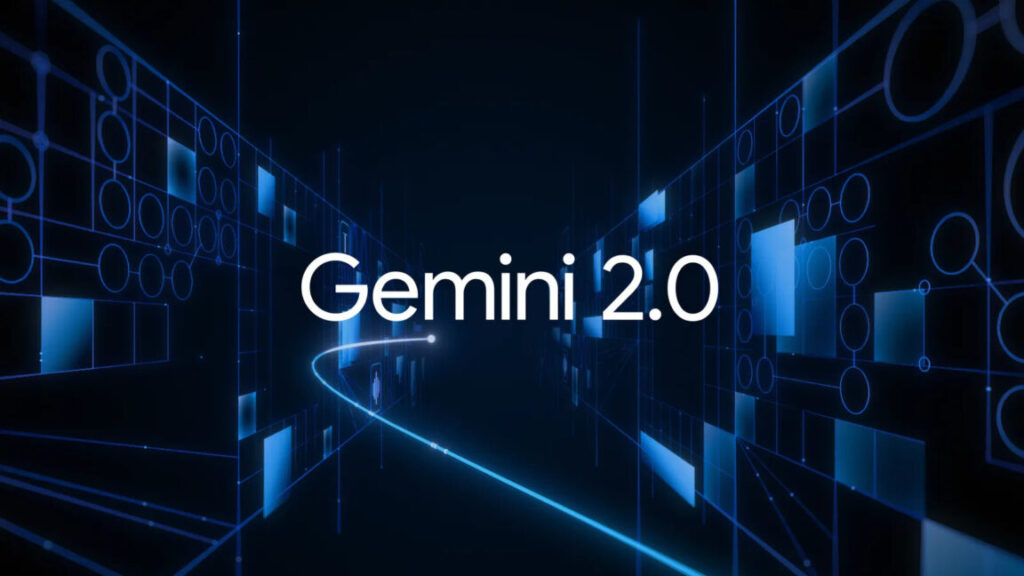Not to be outdone by OpenAI, Google releases its own “reasoning” AI model
Google DeepMind’s chief scientist, Jeff Dean, says that the model receives extra computing power, writing on X, “we see promising results when we increase inference time computation!” The model works by pausing to consider multiple related prompts before providing what it determines to be the most accurate answer.
Since OpenAI’s jump into the “reasoning” field in September with o1-preview and o1-mini, several companies have been rushing to achieve feature parity with their own models. For example, DeepSeek launched DeepSeek-R1 in early November, while Alibaba’s Qwen team released its own “reasoning” model, QwQ earlier this month.
While some claim that reasoning models can help solve complex mathematical or academic problems, these models might not be for everybody. While they perform well on some benchmarks, questions remain about their actual usefulness and accuracy. Also, the high computing costs needed to run reasoning models have created some rumblings about their long-term viability. That high cost is why OpenAI’s ChatGPT Pro costs $200 a month, for example.
Still, it appears Google is serious about pursuing this particular AI technique. Logan Kilpatrick, a Google employee in its AI Studio, called it “the first step in our reasoning journey” in a post on X.
Not to be outdone by OpenAI, Google releases its own “reasoning” AI model Read More »

